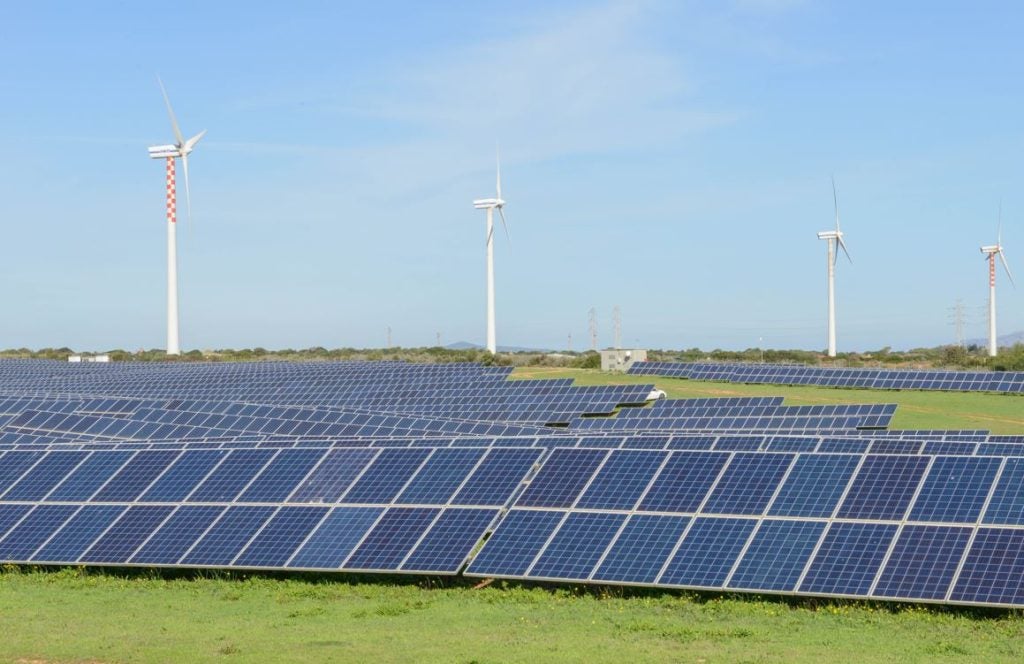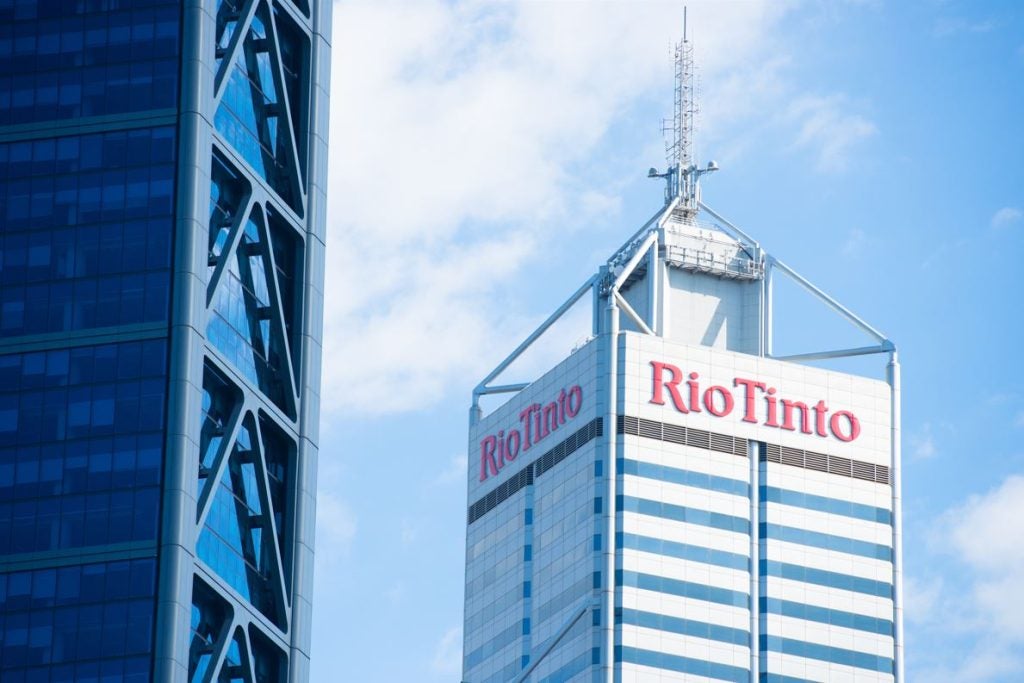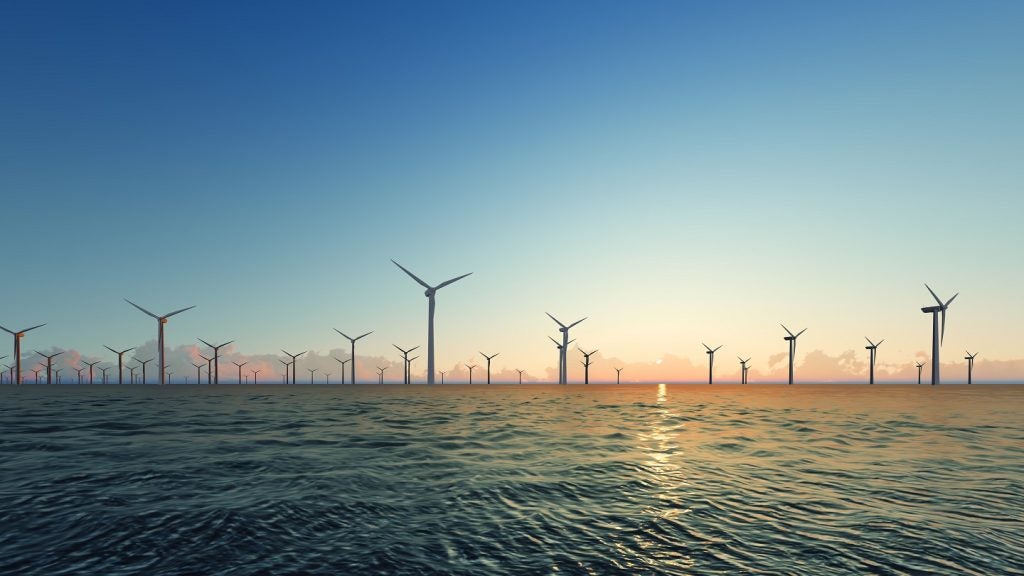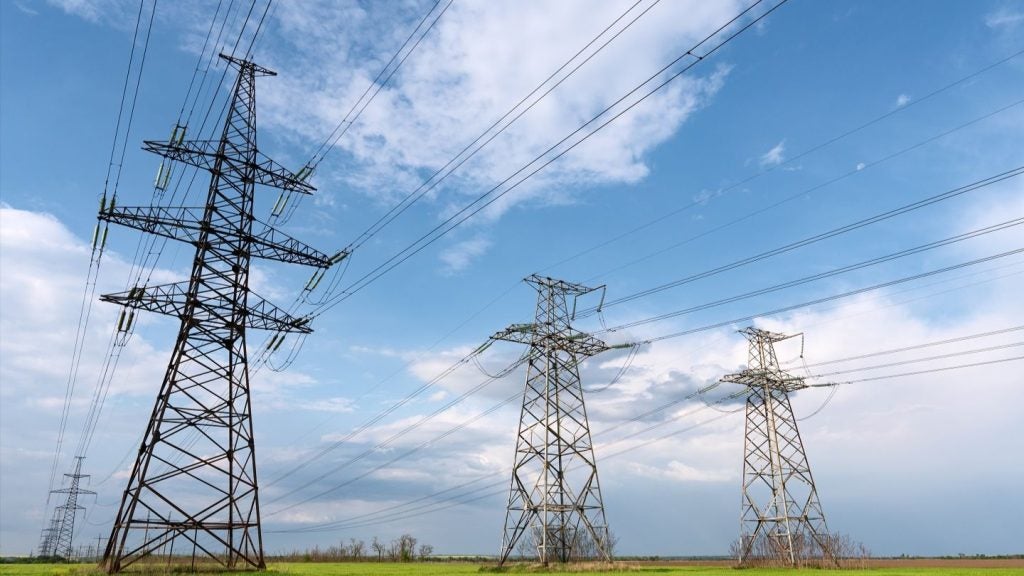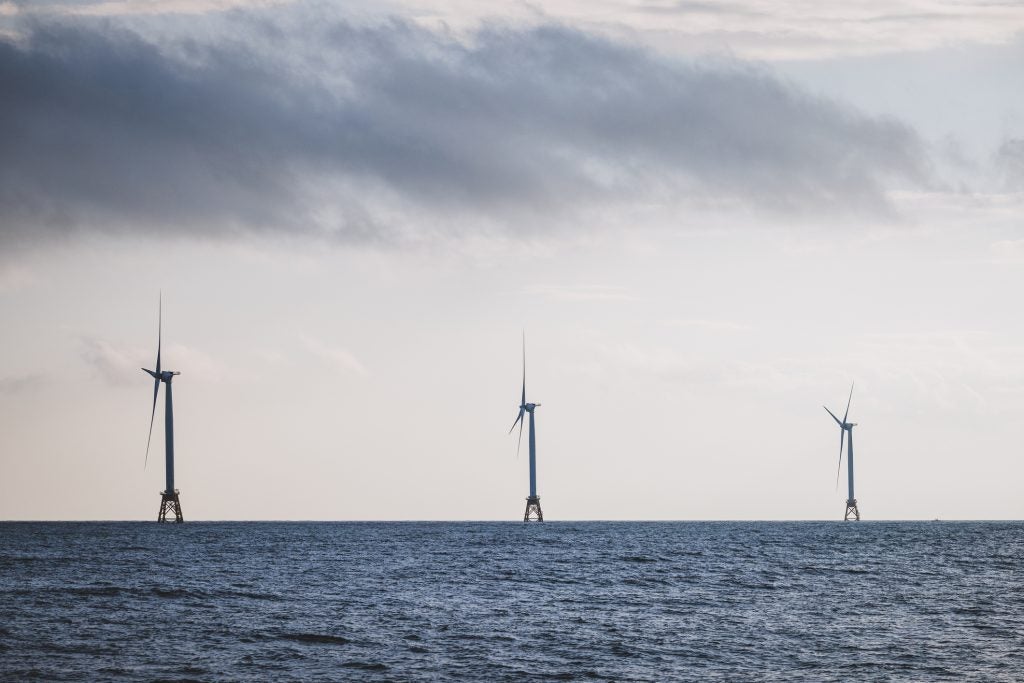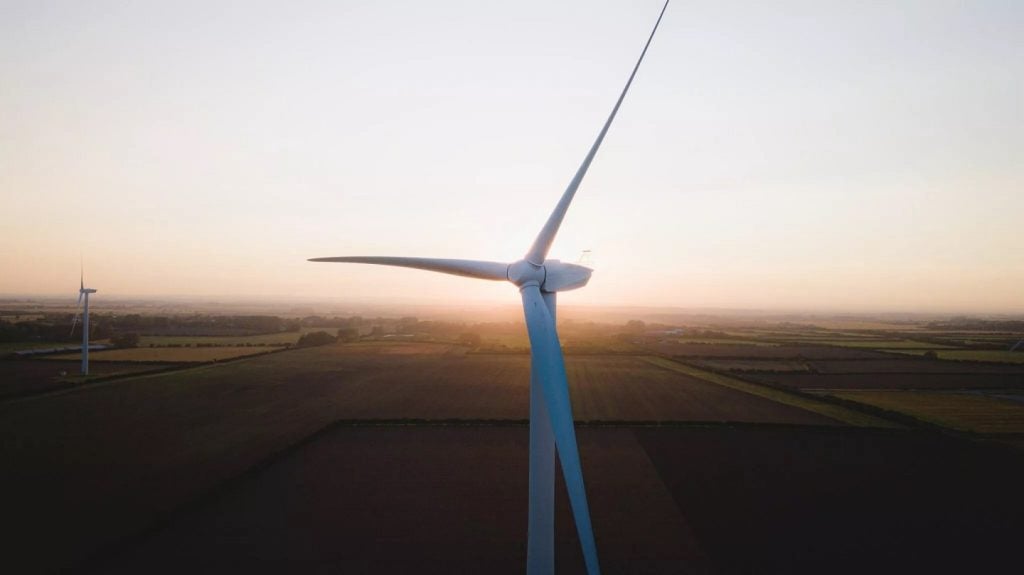Each week, Power Technology’s editors select a deal that illustrates the themes driving change in our sector. The deal may not always be the largest in value or the highest profile, but we select it because of what it tells us about where the leading companies are focusing their efforts, and why. We pick apart the deal itself and the industry theme behind it. This new, thematic deal coverage is driven by our underlying disruptor data, which tracks all major deals, patents, company filings, hiring patterns and social media buzz across our sectors.
The deal
Italian decarbonisation-focused energy company XIBER, a member of the TESYA group of energy companies, has acquired fellow Italian renewable energy company Zanotti Energy Group.
Why it matters
Given the ongoing global energy transition to combat climate change, European countries are turning towards electrification to facilitate decarbonisation. In purchasing Zanotti, the TESYA group has increased its standing in the European electricity market, and XIBER, in particular, has expanded its operations markedly.
“This acquisition represents an important step for the TESYA Group in its diversification strategy, aimed at gaining a prominent position in the energy transition technology market,' stated Carlotta Germanis, XIBER president. “[Zanotti’s] know-how is strategic for accelerating the diffusion of photovoltaic (PV) solutions throughout Italy and for the future growth of other technologies such as batteries and heat pumps, which we are convinced can play a key role in satisfying part of the needs of industrial processes.”
Zanotti stated it is already working on decarbonisation projects with XIBER. Solar PV generation accounted for 9% of total power generation and 19% of generative capacity in 2021; however, that number is expected to rise to 45% of total installed generation capacity by 2035 as a result of increasing investment into the sector by the EU and Italian governments.
The Italian renewable market expanded by 177% in 2022, giving XIBER ample opportunities to capitalise on. Zanotti’s high-tech expertise will be complemented with the financial capabilities of the TESYA group.
XIBER CEO Giovanni Longari explained: “We see the development of distributed photovoltaics as the first step towards the energy transition, with 84% of companies planning to install it at their production facilities. XIBER is not stopping at photovoltaics alone: we aim to become one of the first and most structured players, able to offer multi-technology turnkey solutions for the decarbonisation of medium-sized industrial enterprises in non-energy-hungry sectors.”
Beyond solar PV installation and consultancy, Zanotti also specialises in power plant management and manages around 750 power plants in Italy.
The detail
Neither company revealed the value or terms of the acquisition.


